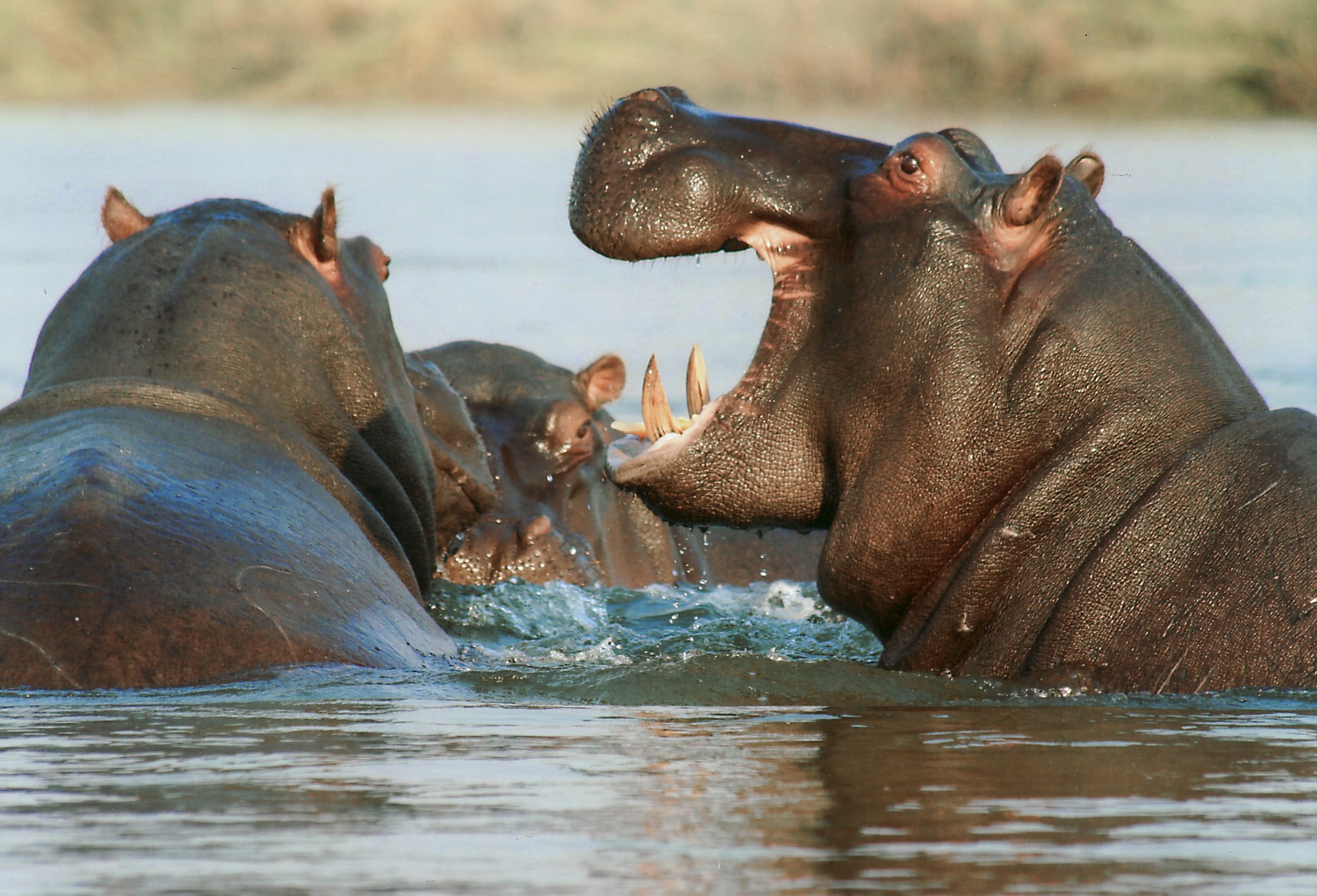Local university researchers have urged government authorities to step up the fight against the illegal trade in endangered species after discovering massive discrepancies in trade volumes of hippopotamus teeth being declared by importers and exporters.
The University of Hong Kong’s School of Biological Sciences study, published in the latest issue of the African Journal of Ecology, reveals that since 1975, Hong Kong, an infamous hub in the illegal ivory trade, has processed as much as 90 percent of the 770 tons of hippo teeth traded worldwide.
In just 19 transactions between Hong Kong and Uganda since the latter nation became a signatory to the Convention on International Trade in Endangered Species of Wild Fauna and Flora (CITES) in 1991, discrepancies in the declared trade volumes amount to more than 14,000 kilograms of hippo teeth. For perspective, that figure, if correct, would amount to some 2,700 individual hippos killed, or roughly 2% of the global population.
Export numbers from Tanzania were similarly found to be fudged downward since 1980, with an estimated 3,176 kilograms more teeth exported than the African nation admitted.

Hippos have been listed by the International Union for Conservation of Nature as vulnerable since 2006, meaning the species could be extinct within a century if numbers continued to fall at current rates.
Hippo teeth are often sold as an alternative to ivory, and used to make various goods and sculptures. They are also used as a component of traditional medicine in some Asian countries.
While CITES has been enforced in a bid to regulate wild animal trade since 1975, the number of hippopotamus has continued to plunge. In the past 30 years, the figure has dropped by 30 percent.
Alexandra Andersson, head researcher for the new study, said authorities should move to stop the international trade in threatened species before they are exposed to unmanageable exploitation levels that could ultimately lead to extinction, SCMP reports.





Reader Interactions